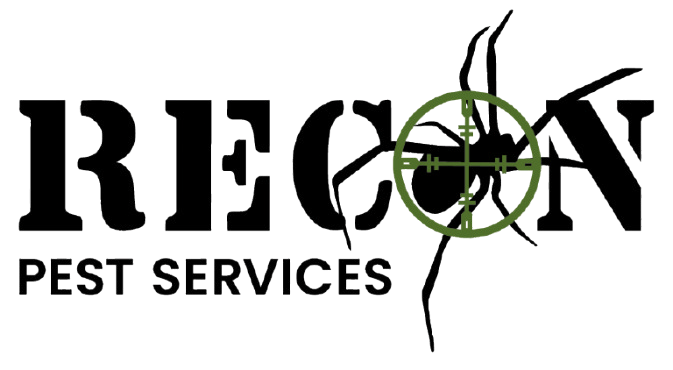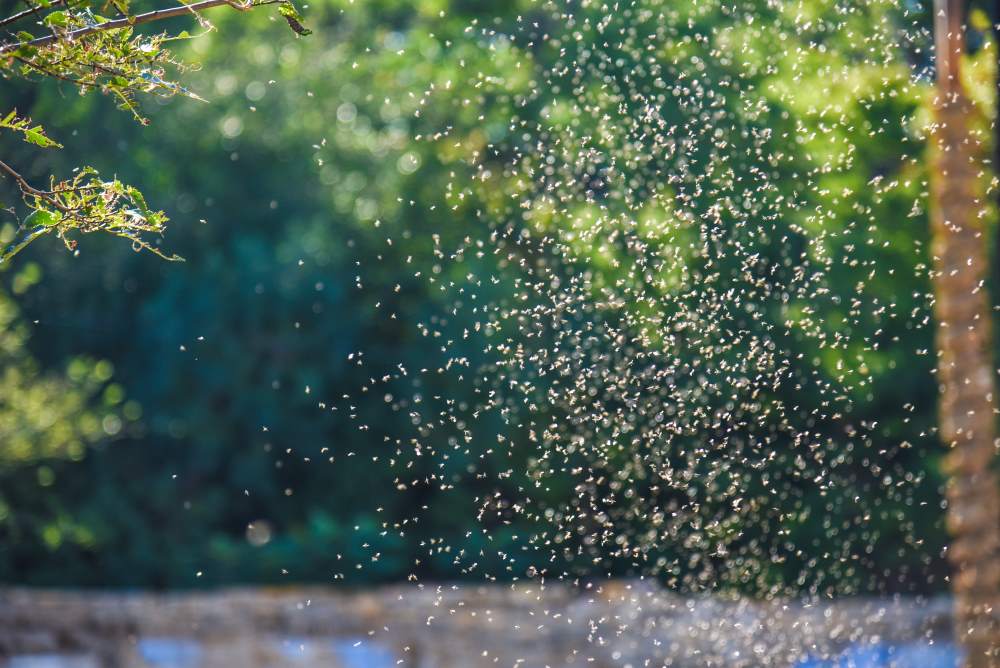Table of Contents
- Why is the timing of mosquito spraying important?
- Understanding the mosquito lifecycle
- Factors affecting the timing of mosquito spraying
- Six proven ways to determine the best time to spray for mosquitoes
- The importance of community education in mosquito control
- Conclusion: The benefits of effective mosquito spraying and prevention
Mosquitoes are one of the most common and annoying pests to deal with. Not only do they cause itchy bites, but they can also transmit dangerous diseases such as malaria, dengue fever, and Zika virus. That’s why it’s important to have an effective mosquito control plan in place. So, when is the best time to spray for mosquitos? In this article, we’ll explore the importance of timing in mosquito control and offer six proven ways to determine the best time to spray for mosquitoes.
Why is the timing of mosquito spraying important?
Timing is crucial when it comes to mosquito control because mosquitoes are most active at certain times of the day and year. Spraying at the wrong time can be ineffective and a waste of time and resources. Additionally, spraying at the wrong time can harm beneficial insects and other non-target organisms, which can have negative ecological impacts. That’s why it’s important to understand the mosquito lifecycle and the factors that affect their activity.
Understanding the mosquito lifecycle
Mosquitoes have four stages in their lifecycle: egg, larva, pupa, and adult. The length of each stage can vary depending on temperature and other environmental factors. Once adult mosquitoes emerge, they mate, and females lay eggs on or near standing water. The eggs hatch into larvae, which feed on organic matter in the water. The larvae molt several times before becoming pupae. After a few days, adult mosquitoes emerge from the pupae and begin the cycle again.
Factors affecting the timing of mosquito spraying
Several factors can affect the timing of mosquito spraying. These include weather conditions, mosquito activity, and the life stage of the mosquito. Mosquitoes are most active at dawn and dusk, so spraying during these times can be more effective. Additionally, certain weather conditions can affect mosquito activity. For example, mosquitoes are less active during periods of high wind or temperatures above 90°F.
Six proven ways to determine the best time to spray for mosquitoes
- Using weather conditions to determine the best time to spray for mosquitoes
As mentioned earlier, certain weather conditions can affect the best time to spray for mosquitos. Spraying during periods of low wind and temperatures below 90°F can increase the effectiveness of mosquito control efforts.
- Using mosquito traps to monitor mosquito activity
Mosquito traps can be used to monitor mosquito activity and determine when the best time to spray is. These traps use attractants to lure mosquitoes and can be used to target specific species of mosquitoes.
- Understanding the life cycle of mosquitoes
Spraying during the larval stage can be more effective than spraying during the adult stage since larvae are more vulnerable to insecticides. Additionally, targeting breeding sites such as standing water can help prevent mosquitoes from reaching the adult stage.
- Conducting regular inspections
Regular inspections of the property can help identify potential breeding sites and areas where mosquitoes are most active. This information can be used to determine the best time to spray for mosquitoes.
- Using mosquito surveillance data
Mosquito surveillance data can be used to determine when and where mosquitoes are most active. This information can be used to target spraying efforts and increase their effectiveness. Consult the Nebraska Department of Health & Human Services website for up to date on mosquito and West Nile Virus activity.
- Consulting with a pest control professional
A pest control professional can provide valuable insights into the best time to spray for mosquitoes based on local conditions and the specific needs of the property.
The importance of community education in mosquito control
Effective mosquito control efforts require the participation of the entire community. Educating the public about the importance of mosquito control and how they can help prevent mosquito breeding can be a powerful tool in reducing mosquito populations. Additionally, community involvement can help identify areas where mosquitoes are most active and where spraying efforts should be focused.
Conclusion: The benefits of effective mosquito spraying and prevention
In conclusion, knowing the best time to spray for mosquitoes is crucial for effective mosquito control. By understanding the mosquito lifecycle, the factors that affect their activity, and utilizing proven methods for determining the best time to spray, we can reduce mosquito populations and prevent the spread of dangerous diseases. Additionally, community education and involvement can help increase the effectiveness of mosquito control efforts. By working together, we can create a safer and more comfortable environment for all.
At RECON Pest Services, we have the tools and skill needed to handle any common pest issue. Contact us today for a free quote!





